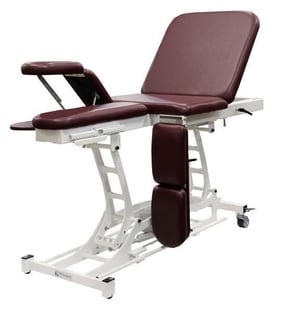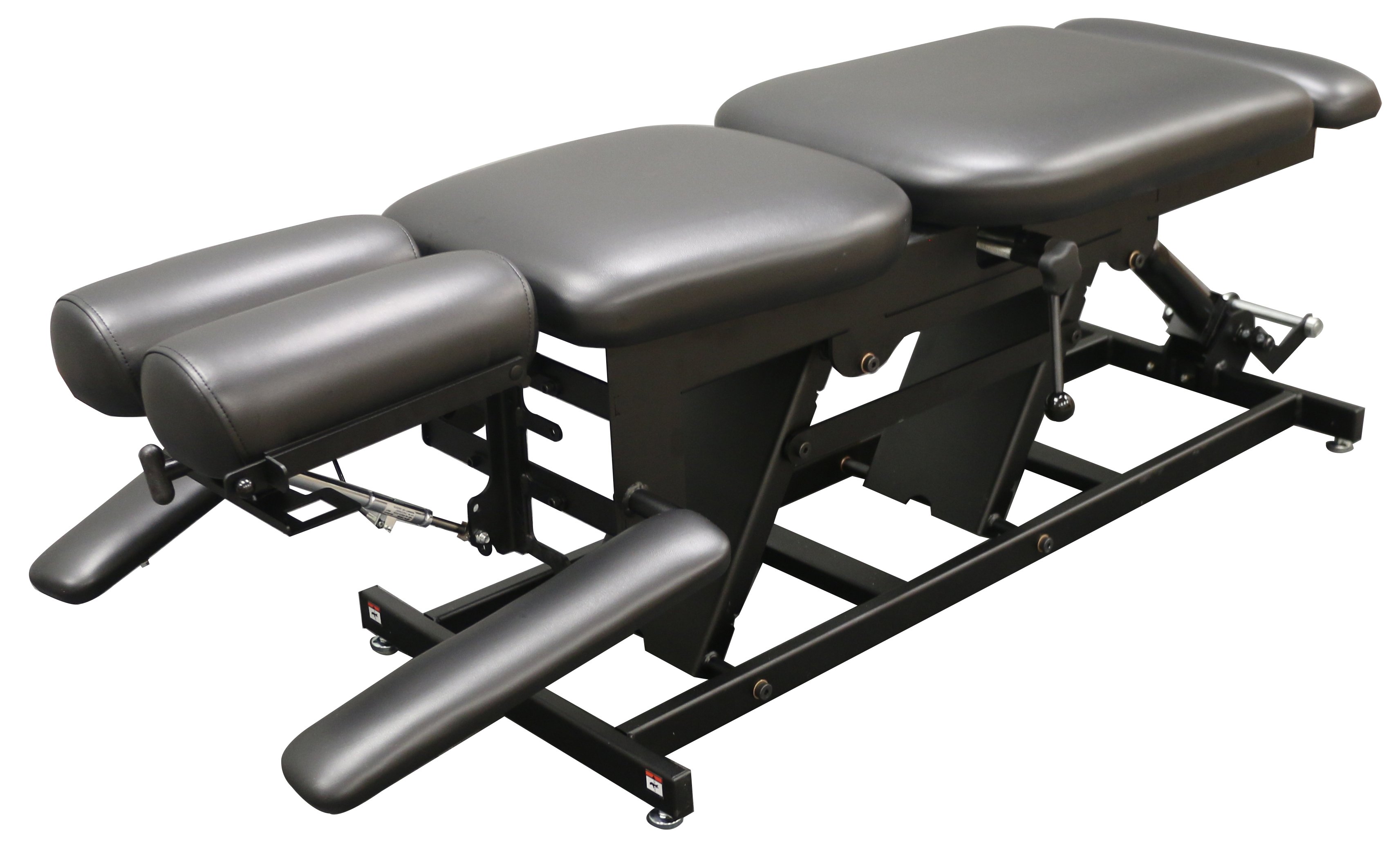 In 1990, The Americans with Disabilities Act (ADA) came into law. The ADA is a civil rights law that prohibits discrimination against individuals with disabilities in all areas open to the general public, including jobs, schools, transportation and public and private places.1
In 1990, The Americans with Disabilities Act (ADA) came into law. The ADA is a civil rights law that prohibits discrimination against individuals with disabilities in all areas open to the general public, including jobs, schools, transportation and public and private places.1
The Section 44: Disabled Access Credit for small businesses tax credit is available to businesses that spend between $250 and $10,250 to comply with the ADA.
What the tax credit covers
If you have spent money to equip your clinic or business with ADA-compliant items (such as variable height tables), you could be eligible to receive a tax credit. This not a tax deduction. It is a full tax credit that you receive on the following April 15th. Use IRS Form #8826 referencing Section 44: Disabled Access Credit. What does this credit cover?
- Equipment used in your practice, facility or clinic
- Removing barriers and in and around your building to improve accessibility
- Providing accessible communication formats such as Braille, large print and audio tapes for the visual and hearing impaired
- Offering a sign-language interpreter or reader for customers or employees
|
|
Is your practice eligible?
“The tax credit is available to businesses that have total revenues of $1,000,000 or less in the previous tax year or 30 or fewer full-time employees. This credit can cover 50% of the eligible access expenditures in a year up to $10,250 (maximum credit of $5000). The tax credit can be used to offset the cost of undertaking barrier removal and alterations to improve accessibility; providing accessible formats such as Braille, large print and audio tape; making available a sign language interpreter or a reader for customers or employees, and for purchasing certain adaptive equipment.” 2
Some ADA-compliant Pivotal Health Solutions products
The following Pivotal Health Solutions adjustable-height chiropractic tables are ADA-compliant:
The Disadvantages of Not Being Compliant
One of the major disadvantages of not being compliant is that it opens up both your chiropractic business and yourself for lawsuits. Though non-compliance is not a criminal act, the financial penalties can be quite severe depending on the specific infraction. Another consideration has to do with your business itself. By failing to meet ADA compliance, you are essentially limiting a large number of potential customers from participating in your chiropractic business.
This post is not to provide legal tax advice nor does PHS Chiropractic nor any of its employees have credentials to provide tax advice. Be sure to consult with your tax advisor or the IRS to ensure your capability!
Sources:

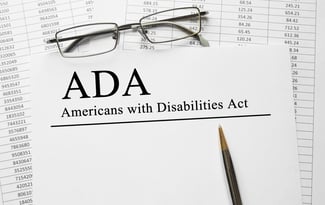

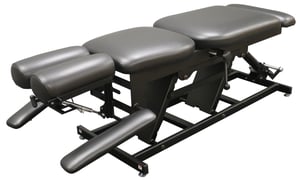
-1.jpg?width=300&name=DOc%20Table-(Top%20View2)-1.jpg)
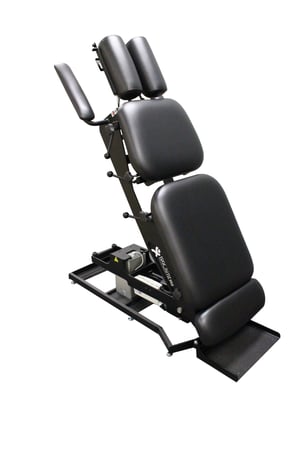
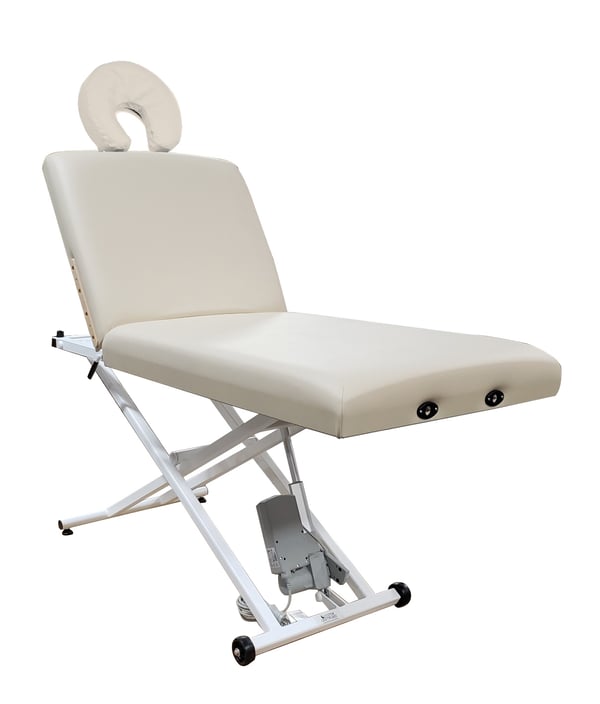
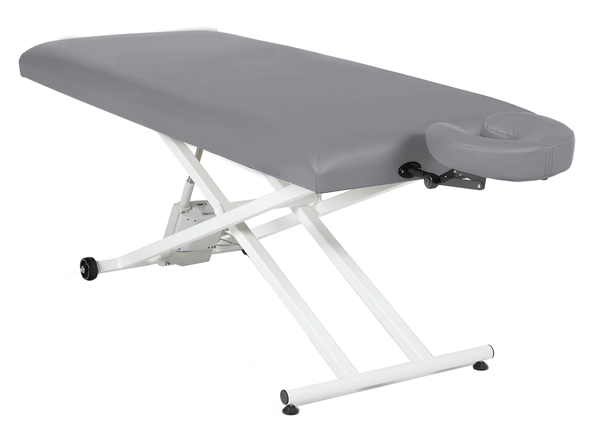
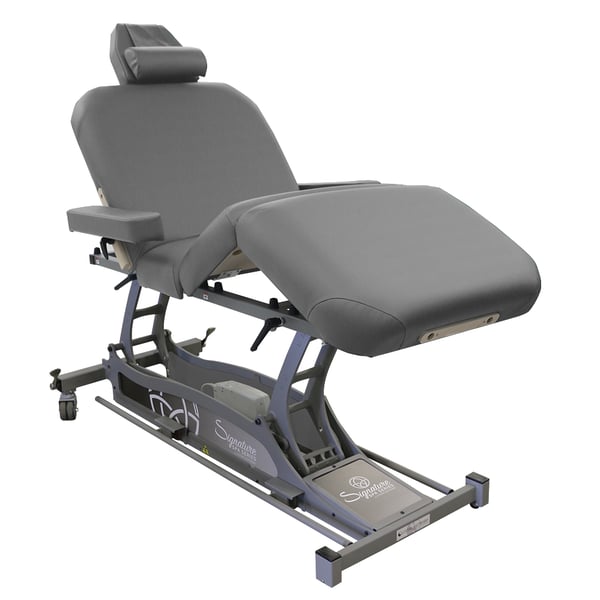
-1.jpg?width=3071&name=Thera-P-3-Section-(Not%20Branded2)-1.jpg)
